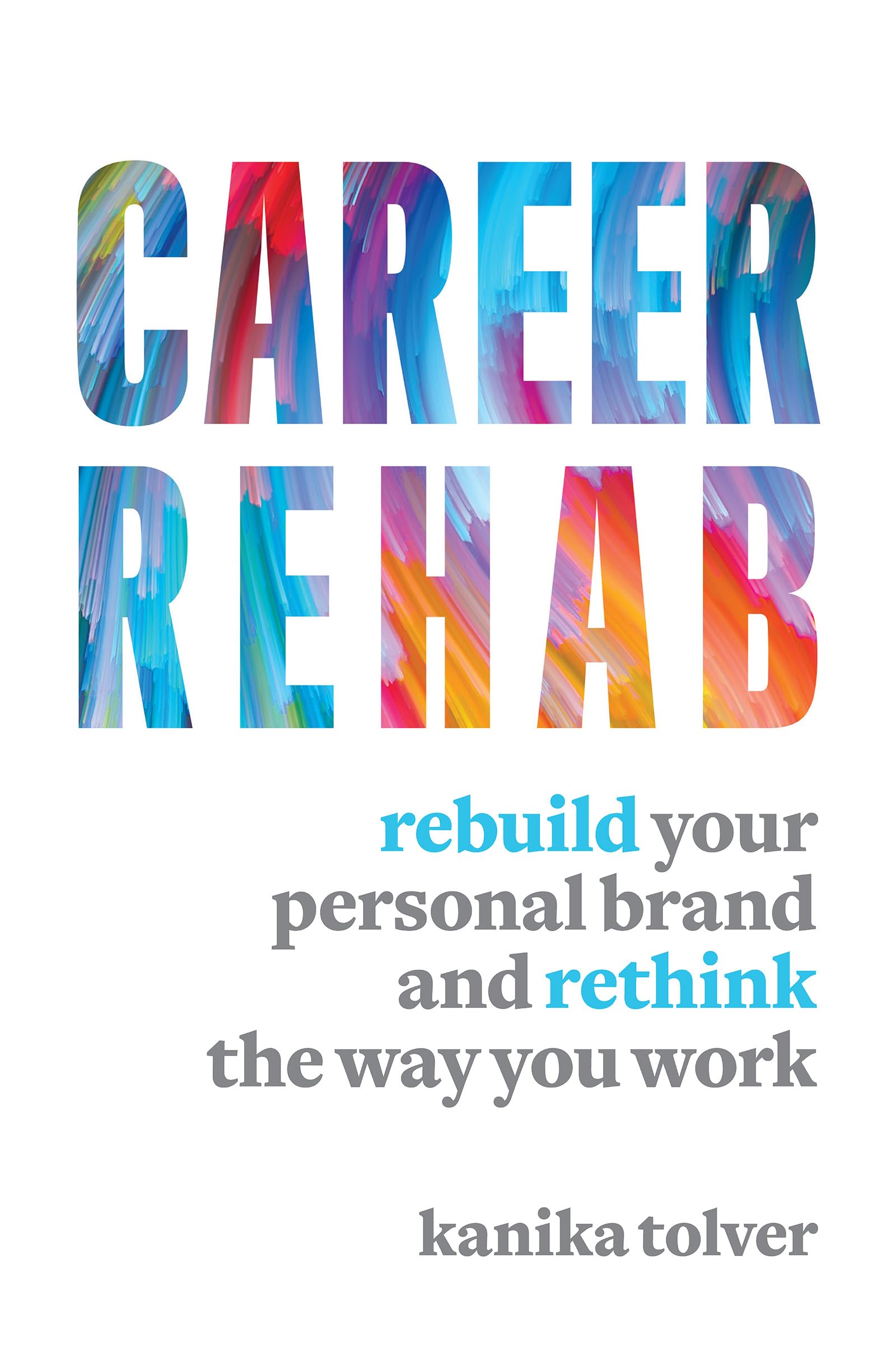
Rehab works is a comprehensive and structured program designed to help individuals overcome addiction and substance use disorders. It involves a range of evidence-based therapies, counseling, and support services that aim to address the underlying causes of addiction and promote lasting recovery.
Rehab works by providing a safe and supportive environment where individuals can focus on their recovery without the distractions and triggers of their daily lives. It offers a structured routine, individual and group therapy sessions, and access to medical and mental health professionals who specialize in addiction treatment. Through these interventions, rehab works to help individuals develop coping mechanisms, relapse prevention strategies, and a strong support network to sustain their recovery in the long term.
The importance and benefits of rehab works are well-documented. Studies have shown that rehab programs significantly increase the chances of achieving and maintaining sobriety, reducing the risk of relapse, and improving overall health and well-being. Rehab works also provides individuals with the tools and resources they need to address the underlying issues that contribute to addiction, such as trauma, mental health disorders, and relationship problems.
1. Evidence-based
The evidence-based nature of rehab works is a cornerstone of its effectiveness. Unlike approaches that rely on anecdotal evidence or personal beliefs, rehab works is grounded in scientific research and proven therapeutic techniques. This means that rehab programs use interventions that have been shown to be effective in helping people overcome addiction and achieve lasting recovery.
- Cognitive-behavioral therapy (CBT): CBT helps people identify and change negative thought patterns and behaviors that contribute to addiction.
- Motivational interviewing: Motivational interviewing is a counseling approach that helps people explore their ambivalence about change and develop their own motivation to quit using substances.
- Contingency management: Contingency management uses rewards and incentives to reinforce positive behaviors, such as abstinence from substance use and participation in treatment.
- Medication-assisted treatment (MAT): MAT combines medication with counseling and behavioral therapy to treat opioid and alcohol addiction.
These are just a few examples of the many evidence-based therapeutic techniques used in rehab works. By using interventions that have been shown to be effective, rehab works increases the chances of successful recovery for individuals struggling with addiction.
2. Person-centered
The person-centered approach is a fundamental aspect of rehab works. It recognizes that each individual’s journey to recovery is unique, and that treatment plans should be tailored to their specific needs and goals. This approach ensures that clients receive the most effective treatment for their particular situation, increasing their chances of success.
- Assessment and goal setting: Upon entering rehab, clients undergo a comprehensive assessment to identify their individual needs, strengths, and challenges. Treatment goals are then developed collaboratively between the client and their treatment team, ensuring that the plan is aligned with their unique recovery journey.
- Individualized treatment plans: Treatment plans are not one-size-fits-all. They are tailored to each client’s specific needs and goals, taking into account their substance use history, mental health, and social situation. This ensures that clients receive the most appropriate and effective interventions for their unique circumstances.
- Flexibility and adaptability: Treatment plans are not static. They are regularly reviewed and adjusted as the client progresses through recovery. This flexibility allows the treatment team to respond to the client’s changing needs and ensure that they are receiving the most effective support at every stage of their recovery journey.
- Client empowerment: The person-centered approach empowers clients to take ownership of their recovery. They are actively involved in the development and implementation of their treatment plan, fostering a sense of self-efficacy and motivation that is essential for long-term success.
By tailoring treatment plans to the individual needs and goals of each client, rehab works increases the likelihood of successful recovery. Clients are more engaged in their treatment when they feel that it is relevant and meaningful to their lives. This leads to better outcomes, including sustained abstinence, improved mental health, and enhanced quality of life.
3. Holistic
Addiction is a complex disorder that affects individuals on multiple levelsphysical, mental, and emotional. Rehab works takes a holistic approach to addiction treatment, recognizing that all of these aspects must be addressed in order to achieve lasting recovery.
Physical: Addiction can have a significant impact on an individual’s physical health. Substance use can damage organs, disrupt bodily functions, and lead to a range of health problems. Rehab works addresses the physical aspects of addiction through medical detox, nutritional counseling, and physical activity. These interventions help to restore the body to a healthy state and promote overall well-being.
Mental: Addiction often co-occurs with mental health disorders, such as anxiety, depression, and trauma. Rehab works provides integrated treatment for both addiction and mental health issues. This may involve psychotherapy, counseling, and medication-assisted treatment. By addressing the underlying mental health issues that contribute to addiction, rehab works increases the likelihood of long-term recovery.
Emotional: Addiction can also have a profound impact on an individual’s emotional health. Substance use can lead to feelings of shame, guilt, and isolation. Rehab works provides a supportive environment where individuals can explore their emotions, develop healthy coping mechanisms, and build strong relationships with others in recovery.
The holistic approach of rehab works is essential for successful recovery. By addressing the physical, mental, and emotional aspects of addiction, rehab works helps individuals to heal from the trauma of addiction and rebuild their lives in a healthy and meaningful way.
4. Supportive
A supportive environment is essential for successful rehab works. When individuals feel safe, supported, and understood, they are more likely to engage in treatment, build strong relationships with others in recovery, and develop the skills and coping mechanisms they need to maintain long-term sobriety.
- Trust and confidentiality: Rehab works programs create an environment of trust and confidentiality, where clients feel safe to share their experiences and struggles without fear of judgment or reprisal. This allows clients to focus on their recovery without the added burden of shame or stigma.
- Peer support: Rehab works programs often incorporate peer support into their treatment plans. This can involve group therapy sessions, support groups, and sober living arrangements. Peer support provides clients with a sense of community and belonging, and it can help them to learn from and support one another.
- Professional support: Rehab works programs are staffed by trained professionals who are experienced in addiction treatment. These professionals provide individual and group therapy, medical care, and other support services to help clients overcome addiction and rebuild their lives.
- Structure and routine: Rehab works programs provide a structured and routine environment that helps clients to develop healthy habits and coping mechanisms. This can include regular mealtimes, exercise programs, and group activities.
The supportive environment of rehab works programs is essential for successful recovery. This environment provides clients with the safety, support, and structure they need to focus on their recovery and build a healthy, fulfilling life.
5. Long-term
The long-term component of rehab works is crucial for successful recovery. Addiction is a chronic disease that requires ongoing care and support to maintain sobriety. Rehab works programs recognize this and provide a range of services to help clients transition from initial treatment to long-term recovery.
One important aspect of long-term rehab works is relapse prevention. Relapse is a common occurrence in addiction recovery, but it can be prevented with the right strategies and support. Rehab works programs teach clients relapse prevention skills, such as identifying triggers, developing coping mechanisms, and building a strong support network. These skills help clients to recognize and avoid situations that could lead to relapse and to manage their cravings and urges if they do occur.
Another important aspect of long-term rehab works is ongoing support. Recovery from addiction is an ongoing process, and clients need continued support to maintain their sobriety. Rehab works programs provide a variety of support services, such as alumni programs, support groups, and sober living arrangements. These services provide clients with a sense of community and belonging, and they offer opportunities to connect with others who are also in recovery. Ongoing support also helps clients to address any challenges or setbacks that they may encounter along the way.
The long-term component of rehab works is essential for successful recovery. By providing ongoing support and relapse prevention strategies, rehab works programs help clients to maintain their sobriety and rebuild their lives.
6. Community-based
The community-based aspect of rehab works is a crucial component of long-term recovery. It recognizes that addiction is not just an individual issue, but also a social one. By collaborating with community resources and support groups, rehab works programs provide clients with a wider network of support and resources to help them maintain their sobriety.
- Peer support: Support groups and peer-led programs provide clients with a sense of community and belonging. They offer a safe space where clients can share their experiences, learn from others, and build relationships with others who are also in recovery.
- Community resources: Rehab works programs often collaborate with community organizations, such as housing programs, job training programs, and healthcare providers. These partnerships help clients to address the social and economic factors that can contribute to addiction and support their recovery.
- Family and social support: Rehab works programs also recognize the importance of family and social support in recovery. They offer family therapy and support groups to help clients rebuild relationships with their loved ones and develop a strong support network.
- Community involvement: By participating in community activities and volunteering, clients can build a sense of purpose and belonging. Community involvement also helps clients to develop social skills and connect with others outside of the recovery community.
The community-based aspect of rehab works is essential for successful recovery. By providing clients with a wider network of support and resources, rehab works programs help clients to build a strong foundation for lasting recovery.
Frequently Asked Questions about Rehab Works
Rehab works is a comprehensive approach to addiction recovery that has been proven to be effective in helping people overcome addiction and achieve lasting sobriety. However, there are still many common concerns and misconceptions about rehab works. This FAQ section aims to address some of these questions and provide evidence-based information about rehab works.
Question 1: Is rehab works really effective?
Yes, rehab works is effective in helping people overcome addiction and achieve lasting sobriety. Research has shown that people who participate in rehab works programs are more likely to achieve abstinence from substances, improve their physical and mental health, and maintain stable employment and housing.
Question 2: Is rehab works only for people who are severely addicted?
No, rehab works is not only for people who are severely addicted. Rehab works programs can benefit people at all stages of addiction, from those who are just starting to experiment with substances to those who have been struggling with addiction for many years.
Question 3: Is rehab works too expensive?
The cost of rehab works can vary depending on the program, but there are many affordable options available. Many rehab works programs offer sliding scale fees based on income, and there are also many free or low-cost programs available.
Question 4: Will I lose my job if I go to rehab?
No, you will not necessarily lose your job if you go to rehab. The Family and Medical Leave Act (FMLA) protects employees who need to take time off for medical treatment, including addiction treatment.
Question 5: Will rehab works make me miss important events in my life?
Rehab works programs are designed to be flexible and accommodate the needs of their clients. Many programs offer part-time or outpatient treatment options that allow clients to continue working and attending school while they are in treatment.
Question 6: Is rehab works confidential?
Yes, rehab works is confidential. All information about your treatment is kept strictly confidential, and your privacy is protected by law.
These are just a few of the frequently asked questions about rehab works. If you have any other questions, please do not hesitate to contact a rehab works program for more information.
Rehab works is a valuable resource for people who are struggling with addiction. It can provide the support, structure, and tools that people need to overcome addiction and achieve lasting recovery.
If you are struggling with addiction, please know that you are not alone. Help is available, and rehab works can help you get your life back on track.
Rehab Works
Rehab works is a comprehensive and effective approach to addiction recovery. It can provide the support, structure, and tools that people need to overcome addiction and achieve lasting sobriety. However, there are some things that you can do to increase your chances of success in rehab works.
Tip 1: Be honest with yourself and others.
The first step to recovery is admitting that you have a problem. Be honest with yourself about your addiction and the impact it has had on your life. Be honest with your treatment team about your drug use, your triggers, and your goals for recovery.
Tip 2: Be committed to the process.
Recovery is not easy, but it is possible. It takes time, effort, and commitment. Be prepared to work hard and to face challenges along the way. Don’t give up on yourself, even when things get tough.
Tip 3: Build a strong support network.
Surround yourself with people who support your recovery. This may include family members, friends, sponsors, and other people in recovery. These people can provide you with emotional support, encouragement, and accountability.
Tip 4: Take care of your physical and mental health.
Addiction can take a toll on your physical and mental health. Make sure to eat healthy, exercise regularly, and get enough sleep. Seek professional help for any mental health issues that you may be struggling with.
Tip 5: Be patient with yourself.
Recovery is a journey, not a destination. There will be setbacks along the way. Don’t get discouraged if you relapse. Learn from your mistakes and keep moving forward.
Tip 6: Give back to others.
Helping others can help you to stay sober. Volunteer your time to help others in recovery or donate to a charity that supports addiction recovery.
Tip 7: Never give up on yourself.
Recovery is possible, but it takes time and effort. Never give up on yourself, even when things get tough. With the right support and treatment, you can overcome addiction and achieve lasting sobriety.
These are just a few tips to help you succeed in rehab works. Remember, recovery is a journey, and there will be ups and downs along the way. But if you are committed to the process and have a strong support network, you can achieve lasting sobriety.
Rehab Works
Rehab works is a comprehensive and evidence-based approach to addiction recovery that has been proven to be effective in helping people overcome addiction and achieve lasting sobriety. It provides a safe and supportive environment where individuals can focus on their recovery without the distractions and triggers of their daily lives. Rehab works programs offer a range of services, including individual and group therapy, medical care, and peer support, that are tailored to the individual needs of each client. Through these interventions, rehab works helps clients to develop coping mechanisms, relapse prevention strategies, and a strong support network to sustain their recovery in the long term.
The benefits of rehab works are undeniable. Research has shown that rehab works programs significantly increase the chances of achieving and maintaining sobriety, reducing the risk of relapse, and improving overall health and well-being. Rehab works also provides individuals with the tools and resources they need to address the underlying issues that contribute to addiction, such as trauma, mental health disorders, and relationship problems. By investing in rehab works, individuals can break the cycle of addiction and build a brighter future for themselves and their loved ones.



